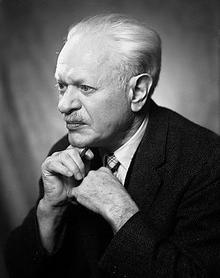A Quote by Jorie Graham
The primary function of the creative use of language - in our age - is to try to constantly restore words to their meanings, to keep the living tissue of responsibility alive.
Related Quotes
Once you identify and learn to speak your spouse’s primary love language, I believe that you will have discovered the key to a long-lasting, loving marriage. Love need not evaporate after the wedding, but in order to keep it alive most of us will have to put forth effort to learn a secondary love language. We cannot rely on our native tongue if our spouse does not understand it. If we want them to feel the love we are trying to communicate, we must express it in his or her primary love language.
Obviously people's feelings are going to get hurt when you use certain words, but you can't outlaw words. They're really the history of our culture. They tell you what's going on. When you make words politically incorrect you're taking all the poetry out of the language. I'm pro anybody living their lives the way they want to live, sexually and otherwise; and I'm anti any kind of language repression.
Being a slow reader would normally be a deficiency; I found a way to make it an asset. I began to sound words and see all those qualities - in a way it made words more precious to me. Since so much of what happens in the world between human beings has to do with the inconsideration of language, with the imprecision of language, with language leaving our mouths unmediated, one thing which was sensuous and visceral led to, in the use of language, a moral gesture. It was about trying to use language to both exemplify and articulate what good is.
Kids use words in ways that release hidden meanings, revel the history buried in sounds. They haven't forgotten that words can be more than signs, that words have magic, the power to be things, to point to themselves and materialize. With their back-formations, archaisms, their tendency to play the music in words--rhythm, rhyme, alliteration, repetition--children peel the skin from language. Words become incantatory. Open Sesame. Abracadabra. Perhaps a child will remember the word and will bring the walls tumbling down.







































